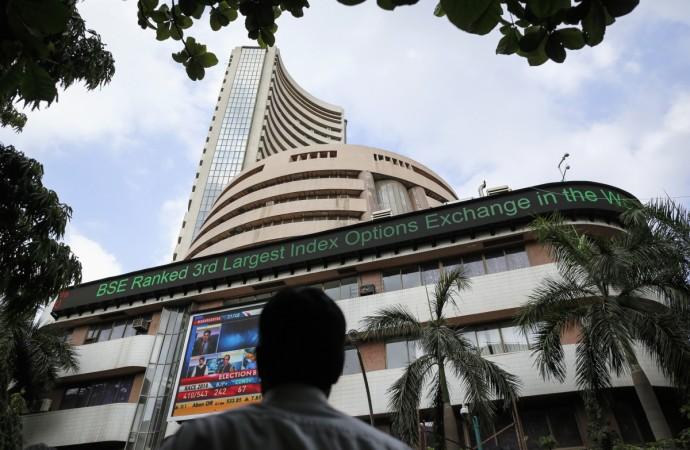
It is no more a secret that the Indian banking sector is in a dire state, but what is new is that the sector has now started impacting the capital market. On Thursday, Nifty PSU Bank index hit a nine-month low on the National Stock Exchange (NSE), Business Standard reported.
Shares of public sectors banks (PSBs) are now trading at red for two straight days. Of the 12 PSBs listed on NSE, nine banks' stocks are having a negative change.
The Nifty PSU Bank index hit an intra-day low of 2,995.30 on Thursday, lowest since January. The index has slipped by about 18.5 percent from its recent high of 3,723 on July 31.
At 12.30 pm on Thursday, the benchmark Nifty 50 index was marginally high at 10,034.30, up 0.5 percent, while the Nifty PSU Bank index stood at 3,008.75, down 0.7 percent.
Going in specific bank stocks, State Bank of India (SBI), Oriental Bank of Commerce, Vijaya Bank, Corporation Bank, Union Bank of India and Punjab National Bank (PNB) have lost anywhere between 19 percent to 22 percent in past two months, BS reported.
The sole reason behind bank stocks not performing well is the non-performing assets (NPAs) issue. Subdued growth in the business activities in the last two quarters made it worse.
Many market experts believe that events like demonetisation and implementation of Goods and Services Tax (GST) have affected business and dampened economic growth.
"If the credit growth is not picking up, it is difficult for high debt-laden PSU banks to come out of the mess they are in," the business daily quoted G Chokkalingam, founder and managing director, Equinomics Research as saying.
As the September quarter result declaration time is here, most analysts expect PSU banks to report single-digit growth in net interest income (NNI). In this backdrop, Chokkalingam warned investors to be cautious while investing in these stocks at the current levels.
"Investors should look at price-to-book value, which should be less than 2-3 time; the net NPA percentage should not be above 4-5 percent and there has to be some visibility of credit growth. Look at these parameters before taking an investment call," Chokkalingam advises.








